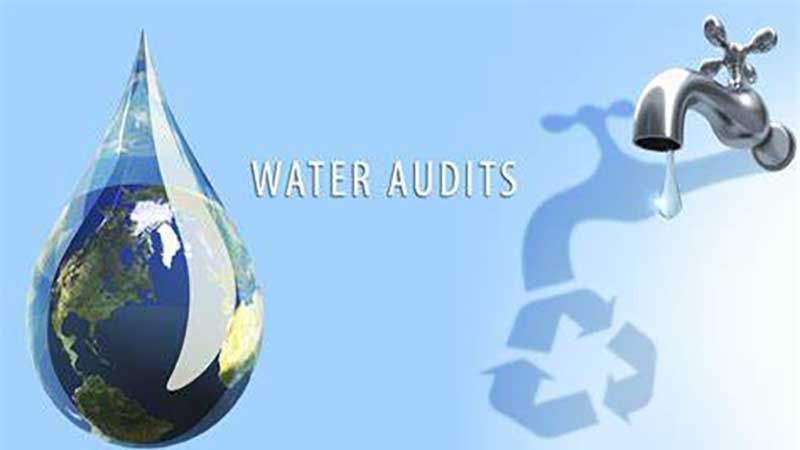
The world is facing enduring water risks with the demand-supply gap increasing at an alarming rate. Over the past two decades, more than 80 metropolitan cities across the world have faced severe water shortages due to droughts and unsustainable water use. Future projections are even more alarming, since urban water crises are expected to escalate and most heavily affect those who are socially, economically and politically disadvantaged.
The industry is an important stakeholder in water resource management and as a responsible member of the community needs to be proactive in combating water risks. The increasing industrial production, especially in water-intensive industries (like thermal power plants, steel, pharmaceuticals, tanneries, pulp & paper, textiles, fertilizers, oil and gas etc.) is already putting pressure on the limited freshwater resources in India and worldwide. This coupled with increased water demand from other sectors like infrastructure development, agriculture, domestic, etc. is leading to conflicts over water availability.
A water audit is a well-established procedure that identifies productive uses and needless waste. By conducting a water audit, one can track water usage and focus on activities that cause water loss and what that loss costs the utility. It improves the knowledge and documentation of the distribution system, problem and risk areas and a better understanding of what is happening to the water after it leaves the source. Leak detection programs help in minimizing leakages and tackling small problems before they become major ones. A comprehensive water audit gives a detailed profile of the distribution system and water users, thereby facilitating easier and more effective management of water resources.
Sourcing water and managing wastewater is becoming increasingly difficult & expensive and hence is an important aspect of the sustainability of any industry. Industries that are heavily dependent on water have to cut down on their production at times due to scarcity of water mainly during the summer. Such scenarios have become more frequent in the past few years due to increasing water stress.
Therefore, it is very critical that industries use water judiciously and reduce their water footprint as much as possible in order to be sustainable in the future. Water use optimization, improving water accounting systems, and identifying water losses and opportunities for water savings can serve as effective approaches for reducing water consumption. Also, efficient wastewater treatment technologies and recycling/reuse practices can further bring down consumption and effluent generation.
Further, substantial costs which are associated with water & wastewater management like water sourcing, pumping, water treatment (chemicals), effluent treatment & disposal, etc. can be effectively reduced through better water and wastewater management and through periodic conduction of water audits.
Water audit involves preliminary water survey and detailed water audit. Preliminary water survey is conducted to collect background information regarding plant activities, water consumption and water discharge pattern and water billing, rates and water cess. After the analysis of the secondary data collected from the industry, detailed water audit is conducted, involving the following steps:
A detailed water balance is finally developed. Water quality requirement at various user areas is mapped, which helps in developing ‘recycle’ and ‘reuse’ opportunities. The detailed water audit report shall contain the following:
Industries can undertake following measures for water conservation:
Based on this detailed study and observations, an audit gives recommendations on how to reduce wastage as well as consumption of water, improvements in treatment practices and methods along with cost benefit analyses. It also recommends the setting up of a system to maintain a record of the amount of water entering a system and to keep track of how this water is distributed and used.